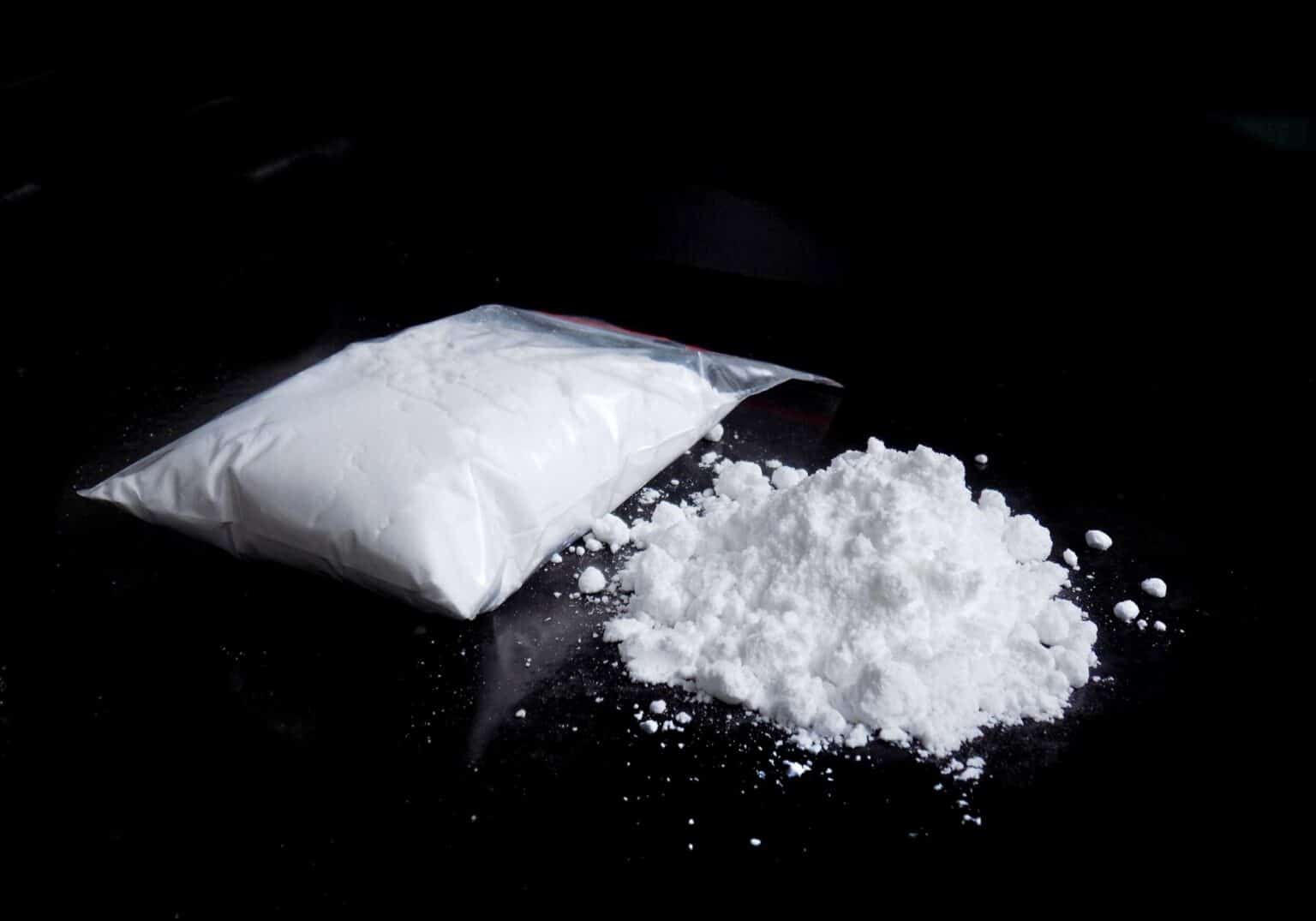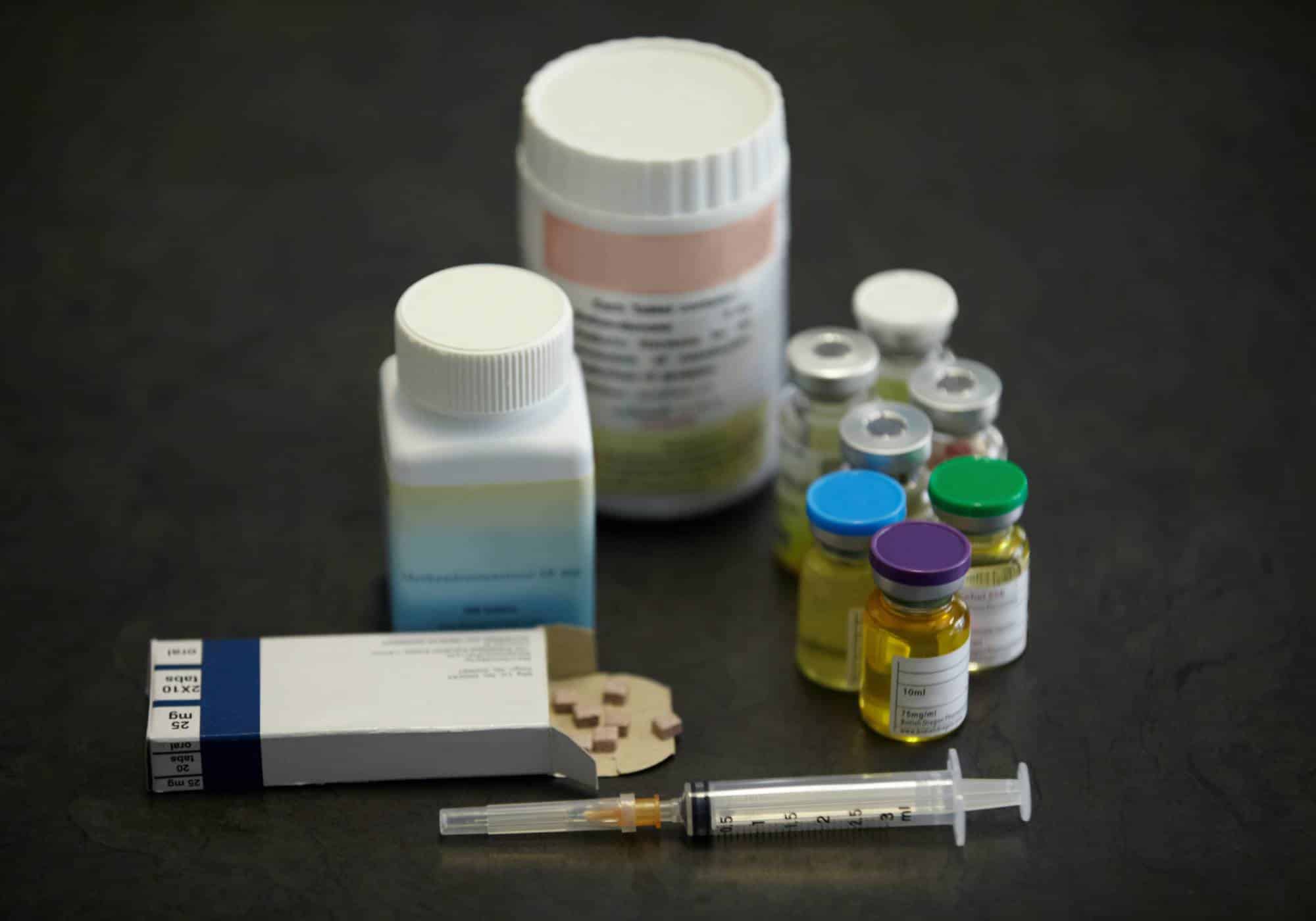Cocaine withdrawal is a frequent challenge for those who have developed a dependence on the drug. This dependence typically arises from prolonged use, leading to a reliance on cocaine for normal brain function.
Cocaine Withdrawal Symptoms
While withdrawal from stimulants like cocaine often lacks severe physical symptoms or immediate medical risks, it can lead to intense psychological distress. A significant concern is the potential for a deep, debilitating dysphoria, marked by depression and pervasive negative thoughts. This phase can be so severe that it might trigger suicidal ideation and increase the risk of relapsing into cocaine use.
For many, the symptoms of cocaine withdrawal start to diminish within a few days after stopping use. However, some individuals may experience a more extended withdrawal period, with symptoms persisting for weeks. This protracted withdrawal is characterized by the continuation of specific symptoms beyond the usual duration expected for cocaine withdrawal.
The intensity of withdrawal symptoms varies from person to person, influenced by factors like age, general health, the extent and frequency of cocaine use, the method of cocaine consumption (with crack cocaine often leading to more intense withdrawals), and the use of other substances.
Withdrawal symptoms can be so overwhelming that individuals might feel compelled to use cocaine again, just to relieve the discomfort. Common symptoms of cocaine withdrawal include:
- Intense cravings for cocaine
- Fatigue
- Anxiety
- Irritability
- Depression
- Sleep disturbances
- Increased appetite
- Slowed thinking or movement
- Difficulty concentrating
- Paranoia
Understanding these symptoms is crucial for those undergoing cocaine withdrawal, as it helps in preparing for the challenges ahead and seeking appropriate support and treatment.

What Causes Cocaine Withdrawal?
Cocaine withdrawal often occurs in individuals who have developed a dependence on the drug. This dependence forms when someone uses cocaine over a prolonged period, eventually needing the drug for normal functioning.
The rate at which cocaine dependence develops varies among individuals, with genetics potentially playing a key role in how quickly someone becomes dependent after their first use.
The effects of cocaine dependence and withdrawal are partly due to its impact on dopamine neurotransmission in the brain. Cocaine use significantly boosts dopamine activity in brain circuits related to motivation and reward. This increase in dopamine activity strongly encourages continued drug use.
However, with repeated and prolonged use, the brain adjusts to the heightened dopamine levels, becoming less responsive to cocaine. This leads to a need for increasing amounts of cocaine to prevent withdrawal symptoms like depression and insomnia.
Moreover, cocaine is known for its “explosive risk” of dependence. This means that the time it takes for someone to become dependent on cocaine after initial use is typically quicker compared to many other substances.
How Long Does Cocaine Withdrawal Last?
The timeline for cocaine withdrawal symptoms can vary depending on the type of cocaine used. For example, those who regularly use crack cocaine often experience a quicker onset of withdrawal symptoms, sometimes within hours of last use. Generally, acute symptoms of cocaine withdrawal tend to last about 3-4 days. However, it’s not uncommon for some withdrawal symptoms to persist for 3-4 weeks in certain individuals.
The intensity and length of these more prolonged or protracted withdrawal symptoms can vary from person to person. For instance, a study focusing on recovery in individuals with cocaine addiction noted that even after four weeks of abstinence, there was no significant improvement in impulse control.
Severe cases of cocaine withdrawal can heighten the risk of relapse. Research has shown that patients with higher scores on a cocaine withdrawal severity test were four times more likely to return to cocaine use compared to those with lower scores. This underscores the importance of medically managed cocaine withdrawal, which provides both medical and social support. This approach ensures a safer and more comfortable withdrawal period and helps reduce the risk of relapse.
Cocaine Withdrawal Timeline
The process of detoxing from cocaine typically unfolds in the following stages:
Days 1 to 3
During the initial days, individuals often face intense cravings for cocaine, fatigue, increased appetite, and restlessness. These cravings can be particularly strong and pose a significant challenge in the withdrawal process.
Days 3 to 7
This period is marked by a peak in anxiety, irritability, and depression. Individuals may experience heightened anxiety and restlessness, along with mood swings. Depressive symptoms like feelings of sadness, hopelessness, and a lack of motivation are also common.
Changes in sleep patterns, including increased sleep or hypersomnia, are often observed. Some may find themselves sleeping more than usual, feeling excessively sleepy during the day, or struggling to stay awake.
Days 7 to 14
Physical symptoms such as slowed thinking and movements can emerge and linger. The withdrawal process can lead to a cognitive and physical slowdown, impacting clarity of thought, concentration, and the ability to perform daily activities.
Day 14 to Day 60
Cognitive challenges, including poor concentration, may persist. Individuals might struggle with memory, attention, decision-making, and problem-solving, affecting their daily functioning and requiring time and support to improve.
Paranoia and mood disturbances may gradually lessen but can continue for some time. Symptoms like heightened suspicion, paranoia, and irrational thinking may occur, along with mood swings and emotional instability.
It’s important to note that the cocaine withdrawal timeline can vary from person to person, and not everyone will experience all these stages. Factors like the length and intensity of cocaine use, overall health, and individual differences can influence the severity and duration of withdrawal symptoms. Professional support during this time can be invaluable in navigating the journey to recovery.

Factors That Influence Cocaine Withdrawal Timelines
Various elements can impact how long and how intensely an individual experiences cocaine withdrawal. Key factors include:
- Cocaine Quantity: Those who consume large amounts of cocaine are more likely to face extended withdrawal periods and intense symptoms, such as psychosis, during the acute withdrawal phase.
- Usage Duration: Individuals who have engaged in prolonged cocaine binges (e.g., over several days) might experience extended sleep periods, up to 24-48 hours, during the acute withdrawal. This phase is often termed as a “crash.”
- Long-Term Cocaine Use: The longer someone has used cocaine, the greater the likelihood of experiencing protracted withdrawal symptoms.
- Polysubstance Use: The use of additional substances alongside cocaine can significantly alter the nature and severity of withdrawal symptoms.
- Cocaine Form: The method of cocaine use also plays a role. For instance, smoking crack cocaine typically leads to a quicker onset of withdrawal compared to snorting powdered cocaine.
Medications for Cocaine Withdrawal
As of now, there are no specific medications that have been conclusively proven to effectively manage stimulant withdrawal, including cocaine. Research has explored the potential of drugs like modafinil and amantadine in aiding cocaine withdrawal, but none of these have received FDA approval for this purpose.
In a withdrawal management program, however, healthcare professionals may use various medications to alleviate symptoms associated with withdrawal, such as headaches and insomnia. These are aimed at ensuring the patient’s comfort during the early stages of recovery.
The field of pharmacotherapy continues to be an area of active research, particularly in finding effective treatments for substance use disorders, including those related to stimulant use. Researchers are dedicated to uncovering new methods to optimally treat these conditions.
Is Cocaine Withdrawal Dangerous?
Cocaine withdrawal, while painful and uncomfortable, is generally not as life-threatening as withdrawal from certain other substances. However, there are still critical risks to be aware of.
One significant concern is the potential for seizures during cocaine use and withdrawal. While these seizures are usually not life-threatening with professional intervention, attempting to detox from cocaine without medical supervision increases the risk, especially if a seizure occurs.
Moreover, individuals undergoing cocaine withdrawal may experience severe depression or anxiety, including suicidal thoughts or feelings of hopelessness. These emotional states can be dangerous if not professionally addressed. Strong social support and effective mental health care are crucial during this time to ensure a successful recovery from cocaine addiction.
Additionally, the intense cravings that often accompany cocaine withdrawal can be challenging to manage. These cravings can lead to relapse or even criminal activities. Seeking professional assistance is vital in mitigating these risks and supporting a safe and effective recovery process.
Cocaine Withdrawal FAQs
How Long Does Cocaine Withdrawal Typically Last?
The length of cocaine withdrawal varies, but it usually spans from a few days to a couple of weeks.
What Exactly Are Cocaine Withdrawals?
Cocaine withdrawals refer to a range of symptoms experienced when someone ceases using cocaine after extended use. These symptoms often include fatigue, depression, anxiety, intense cravings, and an increased appetite.
Do Crack Cocaine Withdrawals Differ from Powdered Cocaine Withdrawals?
While the withdrawal symptoms from crack cocaine are largely similar to those from powdered cocaine, they can be more intense. This is due to the quicker and more potent high that crack cocaine produces.
Is It Hard to Quit Cocaine?
Quitting cocaine can indeed be challenging, largely because of its addictive properties and the potential withdrawal symptoms. However, overcoming cocaine addiction is achievable with the right support and treatment approach.

Treatment for Cocaine Withdrawal
Treating cocaine withdrawal is a crucial step in the journey to recovery for those battling cocaine addiction.
While stimulant withdrawal, including from cocaine, may not always be severe, it can present significant challenges in the recovery process. Professional detox interventions play a key role in effectively managing these withdrawal symptoms.
Medically supervised detox provides a safe environment for individuals to rid their bodies of stimulants, under the watchful eye and support of healthcare professionals. While specific medications for cocaine withdrawal are not currently approved, certain drugs may be used during detox to help manage symptoms like insomnia.
Lifestyle approaches such as regular exercise, adequate rest, and maintaining a healthy diet are also important in alleviating withdrawal symptoms. For those experiencing intense and ongoing depression during withdrawal, treatments like antidepressant medications and psychotherapy can be effective. Due to the strong cravings associated with cocaine withdrawal, there’s a heightened risk of relapse. Behavioral therapies, including Cognitive Behavioral Therapy (CBT), contingency management, and relapse prevention strategies, are crucial in addressing these challenges.
It’s important to understand that detox is just the first step in a comprehensive treatment plan for cocaine withdrawal. It serves as a preparatory phase for more in-depth treatment that addresses the broader aspects of stimulant use disorder.
Cocaine Withdrawal Treatment at Hope Harbor Wellness
Located in the serene suburbs of Atlanta, Hope Harbor Wellness is your ally in the fight against cocaine addiction in Atlanta. Our drug rehab centers, dedicated to holistic recovery, are ideally situated to offer you the support you need.
Our compassionate outpatient program collaborates with top-tier medical cocaine detox facilities, ensuring a safe and effective detox process. Once free from addictive substances, you can seamlessly transition into one of our specialized outpatient treatment programs at Hope Harbor Wellness, designed to address substance use disorders:
- Outpatient Rehab: A flexible program tailored to fit into your daily life.
- PHP (Partial Hospitalization Program): Offers a structured yet non-residential approach to treatment.
- IOP (Intensive Outpatient Program): Provides more intensive care while allowing you to maintain daily responsibilities.
- Dual Diagnosis Treatment Program: Caters to those with co-occurring mental health disorders.
Our treatment programs incorporate a variety of interventions:
- MAT (Medication-Assisted Treatment): Utilizes medications to ease withdrawal symptoms and cravings.
- Psychotherapy: Addresses underlying psychological aspects of addiction.
- Group Therapy: Offers peer support and shared learning experiences.
- Individual Counseling: Provides personalized guidance and support.
- Family Therapy: Helps heal and strengthen family relationships.
- Holistic Therapies: Focuses on overall well-being, including physical, emotional, and spiritual health.
- Aftercare: Ensures ongoing support post-treatment.
Embark on your journey from addiction to recovery with Hope Harbor Wellness. Trust in our dedicated team to guide you every step of the way. For more information or to start your journey, call our admissions team at 678-605-9725.












